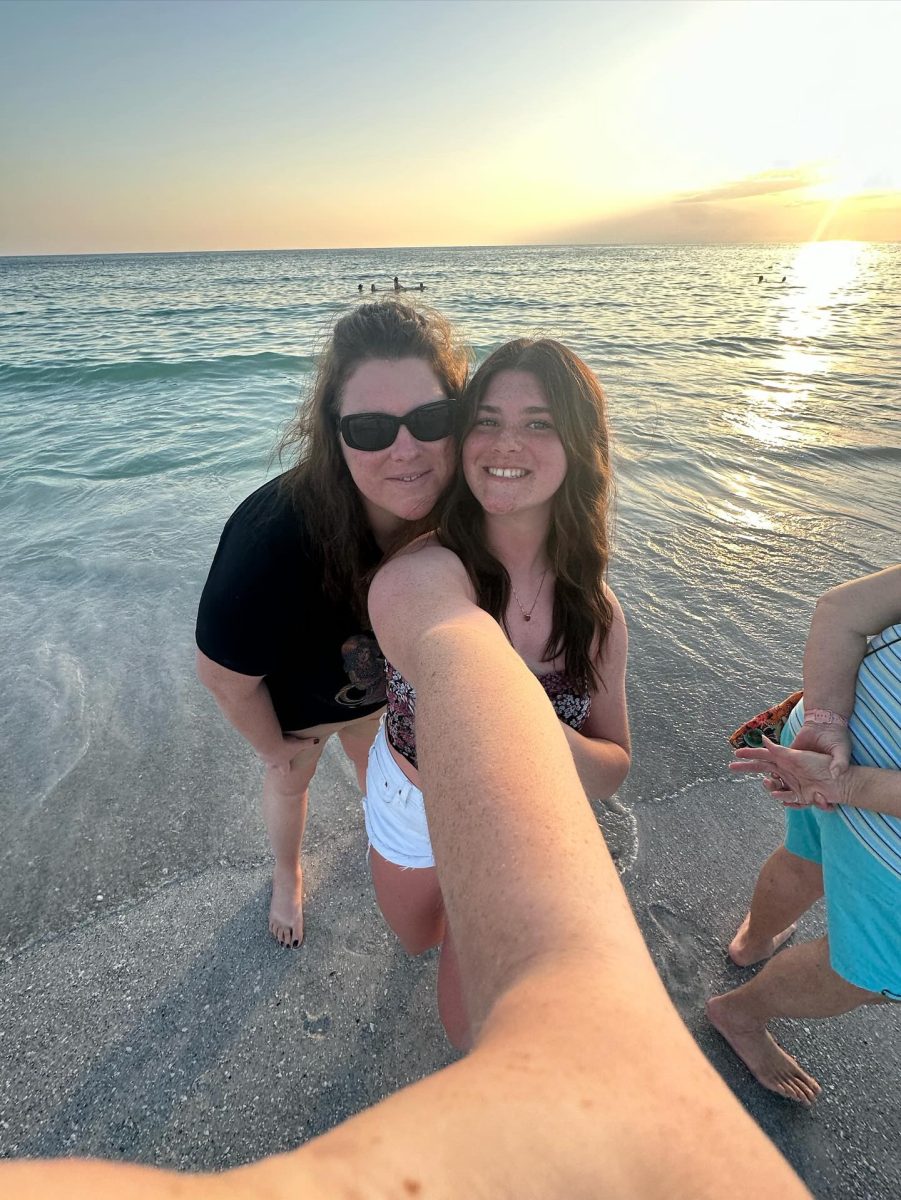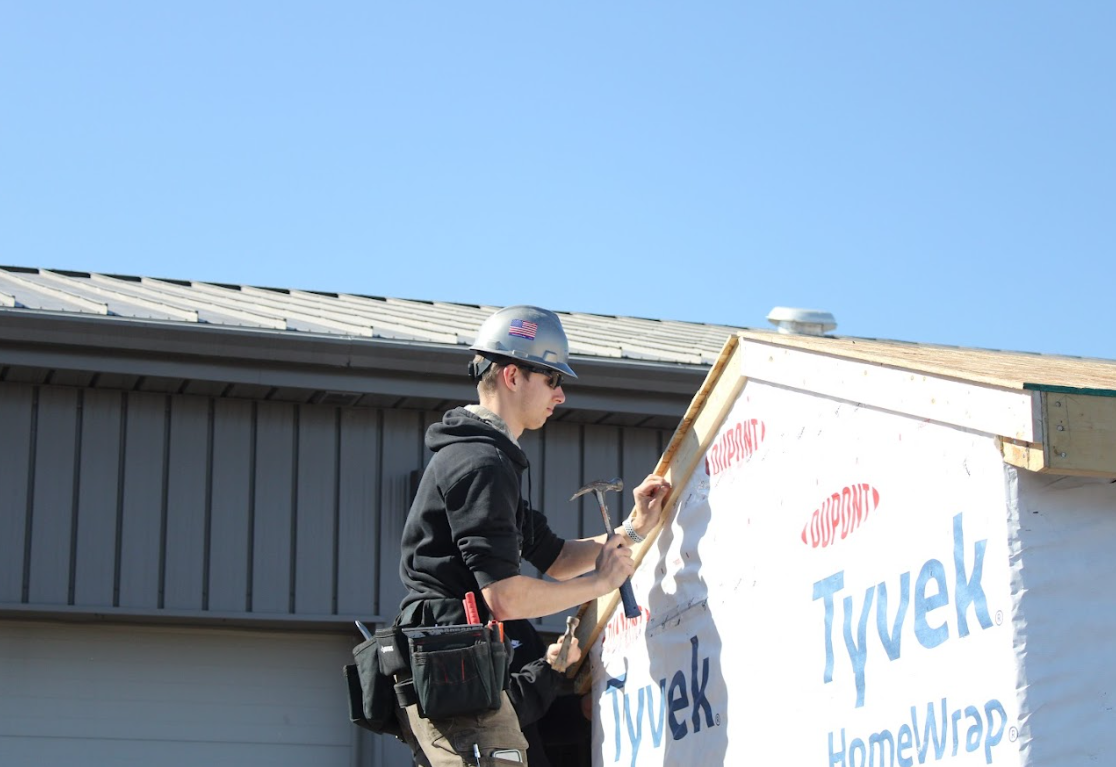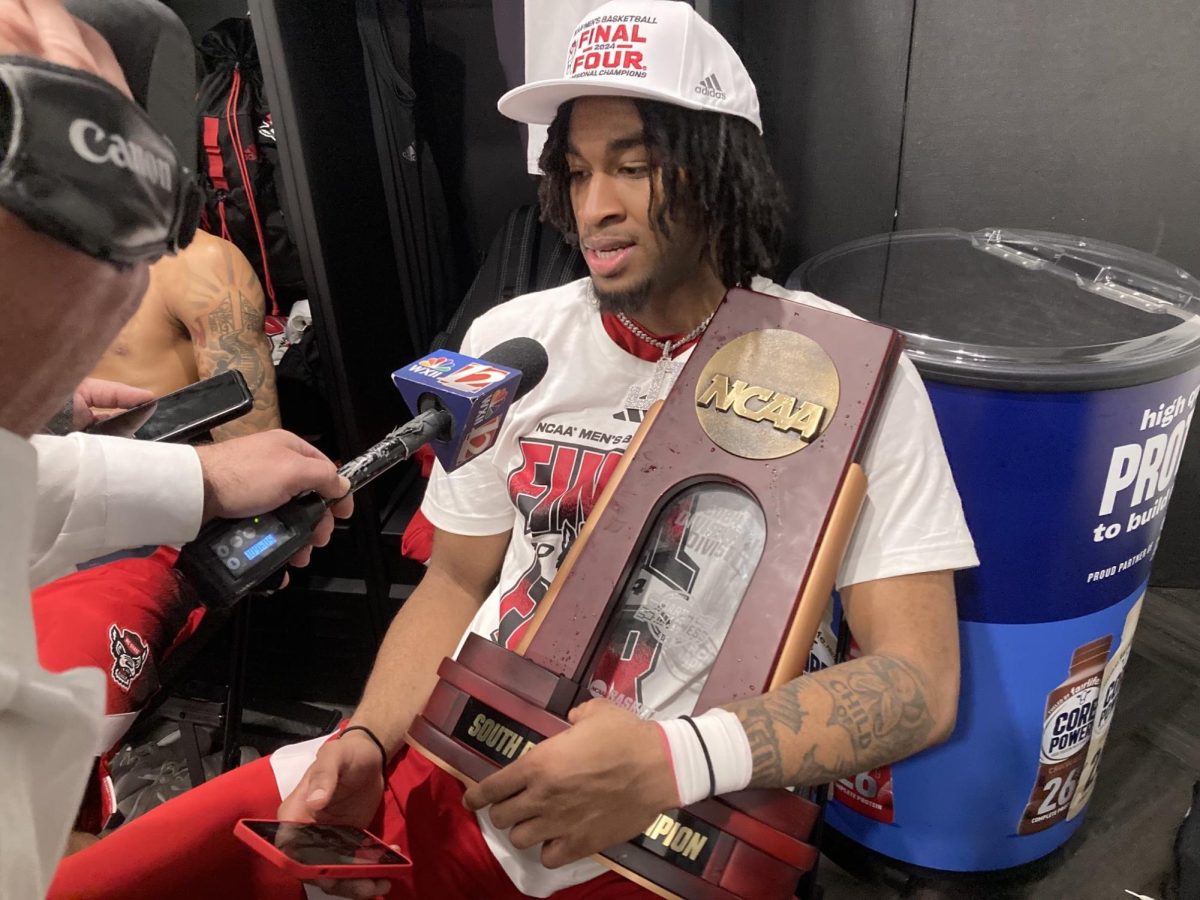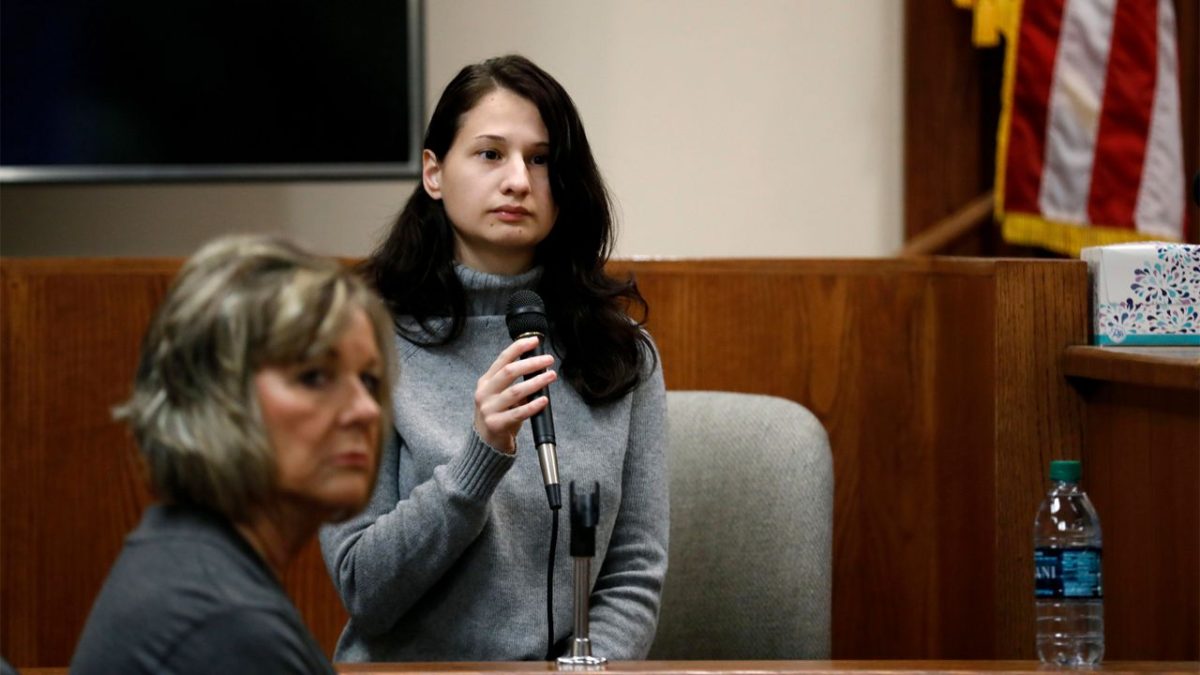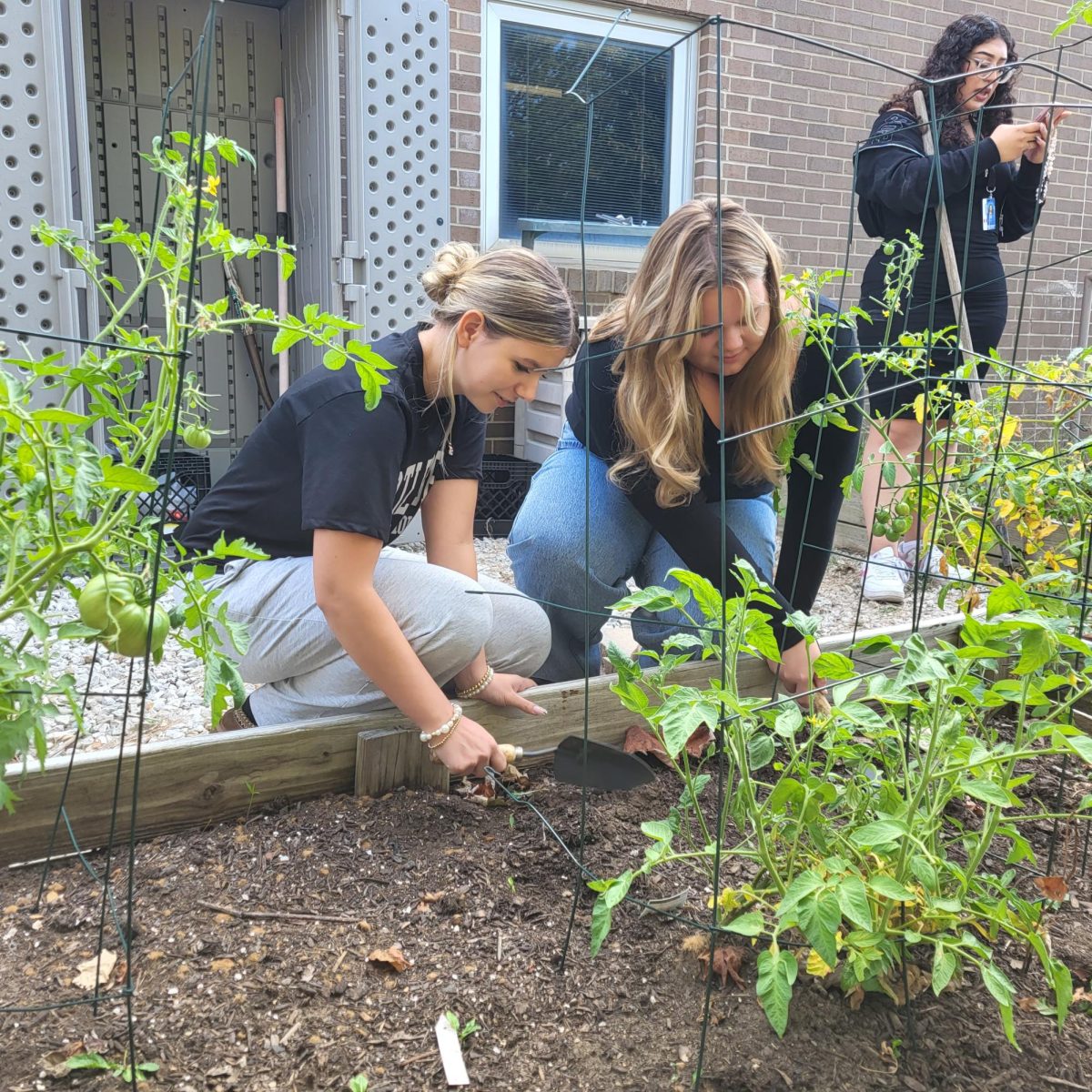For many high school graduates, going to college is celebrated. However, when community college is brought up, it can bring unwarranted negativity.
Stigmas and preconceived notions of community colleges are still prevalent issues, which students who attend them continue to face today. “People think less of those who attend community colleges,” sophomore Elliott Bunnell said.
Community college is often seen as a place where students with low academic standing and motivation go. However, that is not always the case. “Community colleges are there to help people more than [they are to] make them feel like they are not as smart as anyone else,” senior Blake Wilhoite, who is planning on attending Ivy Tech, said.
For many students, community college offers an opportunity to cut down on student loans. According to each institution’s respective site, the average cost of a credit hour at Ivy Tech is $170.07 versus Indiana University’s $687.90. That is a savings of $31,069.80 over a standard 60-hour undergraduate course load. Credits from highly accredited community colleges, like Ivy Tech, can transfer to most in-state colleges and many other universities across the country.
“I plan on going to Ivy Tech, getting all of my core classes out of the way…then, transferring to a larger four-year college for BioMed or BioChem,” Wilhoite said.
Numerous students like Wilhoite are planning to attend a community college to finish their general education courses for a significantly lower cost and then transfer to a four-year institution.
The cost of attending college can deeply affect a student’s choice of where they enroll or even if they are able to. With the hefty price tag of attending a four-year institution constantly going up, according to News & World Report, there is a 2% climb in tuition and fees for public colleges, so going to community college can ease the financial burden. “Ivy Tech is a pretty popular option for students who either want to save money, or they’re looking to maybe better their GPA, so that’s a cheaper alternative and then transferring to a four-year university later.” Rebecca Shull, college and career counselor, said.
Even still, the pressure for a student to prove themselves academically persists. “A lot of people think of colleges as something that defines your life,” Bunnell said. With a competitive economy and generation, there is a preconceived notion that the college someone goes to later determines their success in life and the workplace.
PMHS teacher Gregory Wedow teaches business classes through Ivy Tech and worked at Coyote Logistics as a hiring manager before teaching. “I didn’t care where they went, I didn’t care what the degree said…I don’t look at the name so much as I look at the merit behind it,” he said.
Where the degree comes from or what it says does not equate to ability. “What I cared about is they went there, they got their degree, they put the work in, and are able to apply themselves to a higher grade than others who may not have an education,” Wedow said.
Those who go to community colleges are still getting a higher education after high school and continuing to better themselves. “A lot of us have different paths and we take different ways to get there… I think community college is a very real and helpful tool,” Wedow said.
A step forward
Kathy San, Staff Reporter
Feb 2, 2024
0
More to Discover



